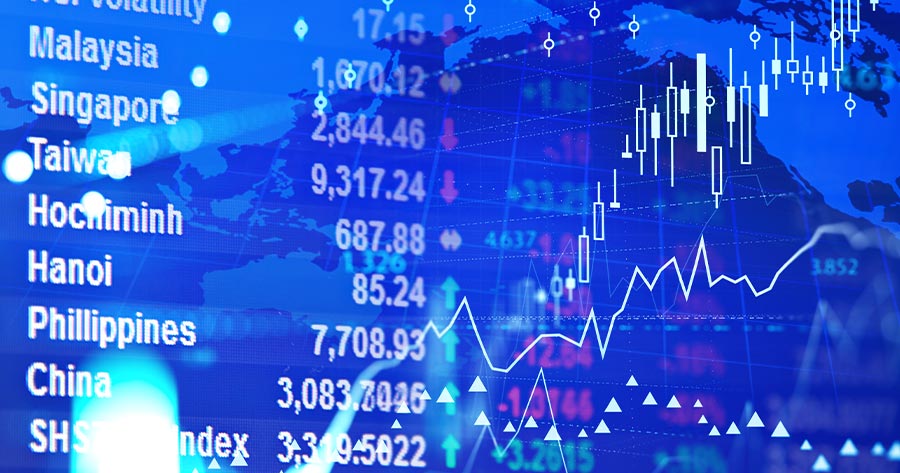On Friday morning (18 April, 9:03 AM, GMT+7, Bangkok time), most indices in Asia Pacific exhibited an upward trend, with investors digesting Japan’s inflation data in March.
Japan’s inflation rate in March increased by 3.6% compared to the same period last year, making it the third consecutive year that the headline inflation has surpassed the Bank of Japan’s 2% target. However, this rate is slightly lower than the 3.7% recorded in February.
The “core-core” inflation rate, excluding fresh food and energy prices and closely watched by the Bank of Japan, rose to 2.9% from 2.6% in the previous month. Core inflation, which excludes fresh food prices, stood at 3.2%, meeting Reuters’ projections. This figure reflects a slight increase from the 3% recorded in February.
Meanwhile, markets in Australia, Hong Kong, and Singapore are closed for holidays.
Japan’s NIKKEI added 0.6% to 34,585.16, and South Korea’s KOSPI climbed by 0.12% to 2,473.34.
As for stocks in China, Shanghai’s SSEC slid by 0.4% to 3,267.33, and Shenzhen’s SZI dipped by 0.08% to 9,751.43.
Meanwhile, the US stock markets were mixed on Thursday as the Dow Jones Industrial Average (DJIA) slumped by 1.33% to 39,142.23. NASDAQ fell by 0.13% to 16,286.45, while S&P 500 surged by 0.13% to 5,282.7. VIX plummeted by 9.16% to 29.65.
As for commodities, oil prices settled higher on Thursday following the imposition of new sanctions by the United States to limit Iranian oil exports, heightening worries about supply. Brent futures increased $2.11 or 3.2% to $67.96 a barrel, and the West Texas Intermediate (WTI) expanded $2.21 or 3.54% to $64.68 per barrel.
This morning, Brent futures for June escalated $2 or 3.04% to $67.85 a barrel, and the WTI for May gained $1.98 or 3.17% to $64.45 per barrel.
Meanwhile, gold futures declined by 0.15% to $3,341.3 per Troy ounce.



